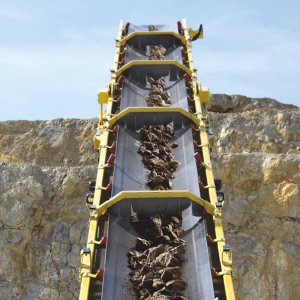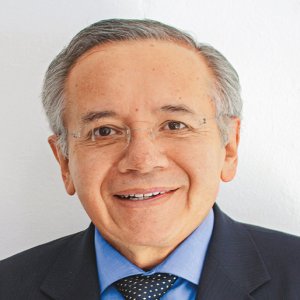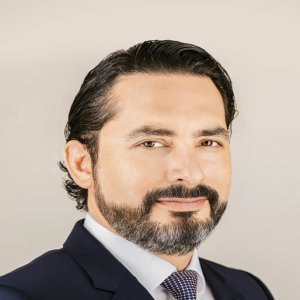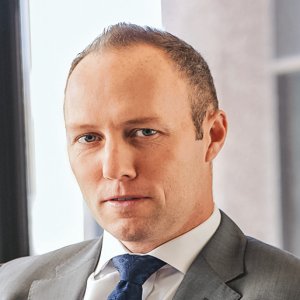The Factors Harming Greenfield Exploration

STORY INLINE POST
Mineral exploration requires significant investment flows to keep a steady pipeline, says CEO and Director of Minerales Terán Andrés Robles. But this investment is directly linked to the message conveyed by the government to the industry: consistency is key. “The problem is not so much if policies are good or bad but whether or not we know what they are. Uncertainty is the issue. If they do not know where they stand, investors will not be willing to walk into this market.”
While convinced that the industry is satisfied with the government’s mining officials, Robles sees a lack of consistency across the current administration. “The appointed mining representatives were the right choice. They have broad expertise and understanding of the industry and more importantly, they seek to enhance it,” he says. “But the decisions being made in other spheres of government contradict the good faith shown by the Undersecretariat of Mining, creating an uncertain environment in the sector.”
A defined public policy is crucial for the industry to make decisions on how and where to allocate its resources. Minerales Terán focuses on greenfield projects, which require even greater investment flows than brownfields to quantify mineral reserves given the lack of previous geological work. “Foreign investment becomes simply crucial in Mexican mining’s development as foreign companies are likely to possess the financial strength to undertake the high financial risk related to greenfield exploration.”
The problem is that uncertainty hinders investment as country risk increases. “If FDI drops, companies in need of financing will start lagging behind or even disappear. The first to go broke are generally greenfield projects,” Robles explains. But the issue does not end when a company goes out of business due to insufficient funds. The real conundrum is that the investment already made is lost. “Even if the company closes, its concessions are not suspended or forgiven. The company usually keeps paying taxes on it, hoping to ride better winds and reopen.” But if that does not happen, taxes eventually suffocate the company and it is forced to give up its prior investment and yield the concession to someone else.
Minerales Terán is focused on keeping its Tlatlaya concessions with the Ampliación of Minerales Terán II project, located between the states of Mexico and Guerrero. “We are prioritizing where to invest our resources. We are in the sampling and analysis phases and expect to start indirect analysis soon with hyperspectral flights and aerial geophysics,” Robles says. “But the disposition of the government has blocked part of our investment flows.”
The future of the Ampliación of Minerales Terán II project now depends on investment and information. “Before investing in costly drilling, we want to have as much information as possible,” Robles adds. While the plan was to start the first drilling program in late 2020 with the financial support of a Chinese investor, he says that this outlay is on hold while the industry adapts to the change of administration.
Robles is also concerned by some local governments prioritizing small mining cooperatives. “These organizations, born from illegal mining, are asking for the termination of megaprojects,” he says. “It would be harmful to the industry to favor gambusinaje over formal mining because it has many health and security irregularities.”
Minerales Terán is a member of the Guerrero Mining Cluster and is actively participating in voicing its concerns. “We have received strong support from the cluster and the Guerrero government, which makes us hopeful,” he says. “The local government understands mining as a secondary source of income from the state’s primary economic activity, tourism. It also sees it as a tool to distribute wealth to isolated communities.” The fact that most of the company’s investors are Mexican has given Minerales Terán an advantage when working with local communities. The name of the company, Minerales Terán, actually comes from one of its local sponsors in Tlatlaya. “Having local investors has allowed us to have a positive involvement with the surrounding community,” he says.























